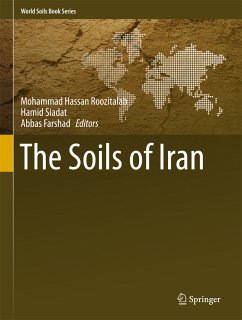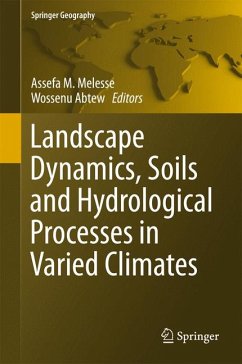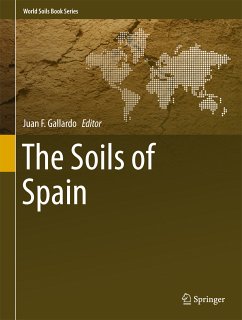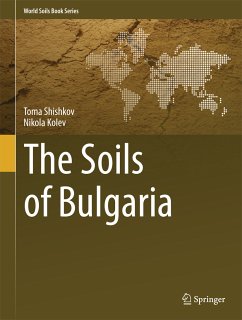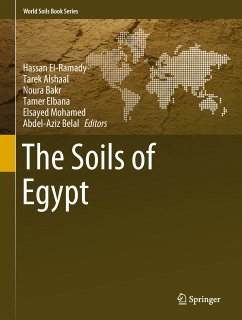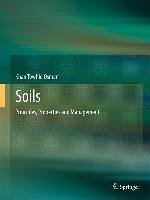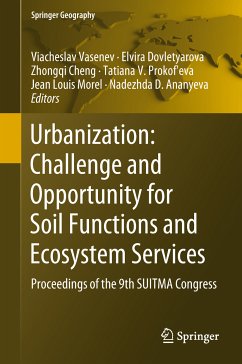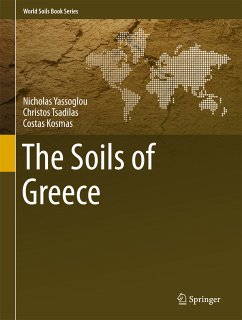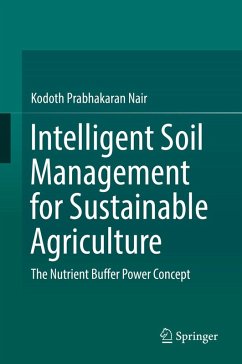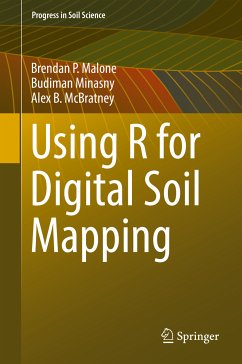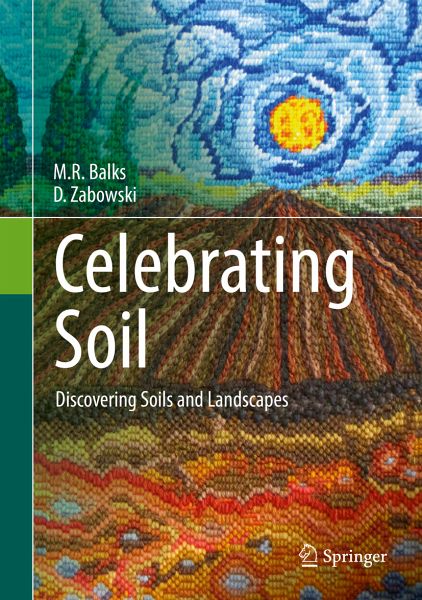
Celebrating Soil (eBook, PDF)
Discovering Soils and Landscapes
Versandkostenfrei!
Sofort per Download lieferbar
32,95 €
inkl. MwSt.
Weitere Ausgaben:

PAYBACK Punkte
16 °P sammeln!
This richly illustrated book celebrates the diversity, importance, and intrinsic beauty of soils around the world and helps the reader to understand the ways that soils are related to the landscapes in which they form. The book unravels the complex bond between humans and soils and the importance of soils in our cultures and everyday lives. Soil is critical to terrestrial life on earth. It underpins human food supply and provides materials on which we build our lives. Soil is out of sight and often out of mind, thus easy to overlook. Yet soil has tremendous variety and intrinsic beauty for tho...
This richly illustrated book celebrates the diversity, importance, and intrinsic beauty of soils around the world and helps the reader to understand the ways that soils are related to the landscapes in which they form. The book unravels the complex bond between humans and soils and the importance of soils in our cultures and everyday lives. Soil is critical to terrestrial life on earth. It underpins human food supply and provides materials on which we build our lives. Soil is out of sight and often out of mind, thus easy to overlook. Yet soil has tremendous variety and intrinsic beauty for those who care to look. Soil contains a memory of the events that have shaped the landscape and the environment. With help you can look at a soil and understand the stories that it has to tell.
Written in a reader-friendly way, Celebrating Soil is a wonderful resource for farmers, horticulturalists, naturalists, students and others who are concerned about how soils are formed, work and are used.
Written in a reader-friendly way, Celebrating Soil is a wonderful resource for farmers, horticulturalists, naturalists, students and others who are concerned about how soils are formed, work and are used.
Dieser Download kann aus rechtlichen Gründen nur mit Rechnungsadresse in A, B, BG, CY, CZ, D, DK, EW, E, FIN, F, GR, HR, H, IRL, I, LT, L, LR, M, NL, PL, P, R, S, SLO, SK ausgeliefert werden.



